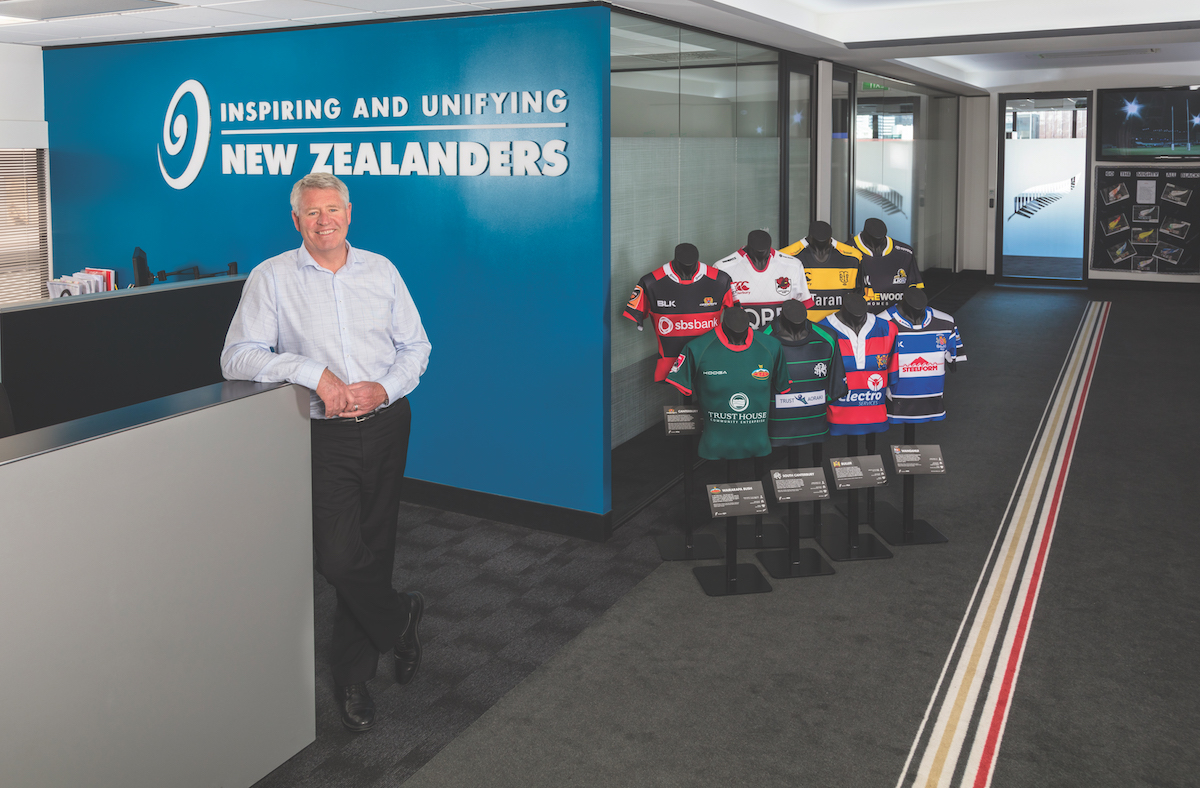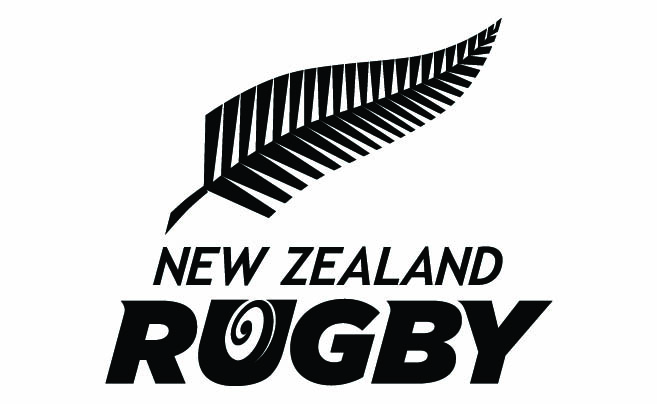Rugby came to New Zealand in 1870. The code took off over the next two decades and the New Zealand Rugby Football Union was formed in 1892 to oversee its growth nationwide. Now known as New Zealand Rugby, the organisation administers the game at all levels throughout the country, including the management of the All Blacks, the world’s most successful rugby team.
CEO Steve Tew took over the reins in in 2008, five years after joining, and was at the helm for the post-mortems that followed the All Blacks’ surprise loss to France in the quarter-finals of the 2007 Rugby World Cup. That defeat was a blow, Steve says, but the organisation bounced back quickly.
“We certainly hadn’t called being knocked out before the semi-finals, which is what happened, but we had a scenario in place. We came back and put our heads down and worked really hard along those lines. Most important was to get through a review of the campaign, which we did with some independent systems, and then appoint the coaches for the next period of time, which the whole country watched with considerable interest.”
In 2013, the All Blacks became the first international rugby team to finish a season unbeaten. Two years later they won an unprecedented third Rugby World Cup and in 2016 went on a record 18 match unbeaten streak.
Planning makes perfect
Planning is par for the course at NZR. The organisation is committed to the future and results on the field are testament to the way it follows through to achieve its goals.

“We’re very committed to our long-term plans. We’ve just refreshed our 2016 plan for 2020 and it’s very specific about what we want to achieve. Then out of that plan we draft our annual work program and our annual budgeting. If something doesn’t drive results towards the targets of our plan, obviously it’s not going to make the cut,” says Steve.
This strategy served NZR well when it came to bouncing back from the Global Financial Crisis. In 2008, the organisation secured a 20-year sponsorship deal with the German sports apparel giant Adidas. A few years later, global insurance company AIG came on board. And the organisation has just celebrated 30 years of partnership with Steinlager. These long-term relationships, which support amateur and professional rugby in New Zealand, have helped make the All Blacks the biggest brand in the game.
Long-term strategy also served NZR well when it came to hosting the 2011 World Cup. Six years of planning went into an event that was over in six weeks, but Steve says New Zealand was judged to be a very good host.
“We worked very hard to ensure that the player and the team experience here was first-rate, and then the country really embraced the event. From the first day, with the opening ceremony and the first game, people were really connected to the event. It stopped the country and the country contributed to the success right up and down the length of it.”
It’s all about the team
Part of the strategy for NZR is having a great team in place. “We use the analogy of the bus a lot in rugby,” Steve says. “Having the people in the right seat on the bus is pretty important.”
Steve is the first to admit that the organisation has some work to do when it comes to workplace culture. “We have high expectations of everyone connected with the game and it’s fair to say we haven’t got it all right.”
That said, he is committed to creating a team environment full of diverse people. “I’m a very strong advocate of making sure you get the best people in place, and with an eye to ensuring that we’ve got some good balance around race, gender, age and interest. Because in our business we’re actually serving the broad population, which is very diverse.”
New Zealand Rugby key facts
- Company name: New Zealand Rugby
- CEO: Steve Tew
- Headquarters: Wellington, New Zealand
- Number of Employees: 130
- Annual Turnover: $155 million
- Industry: Sport & Recreation

